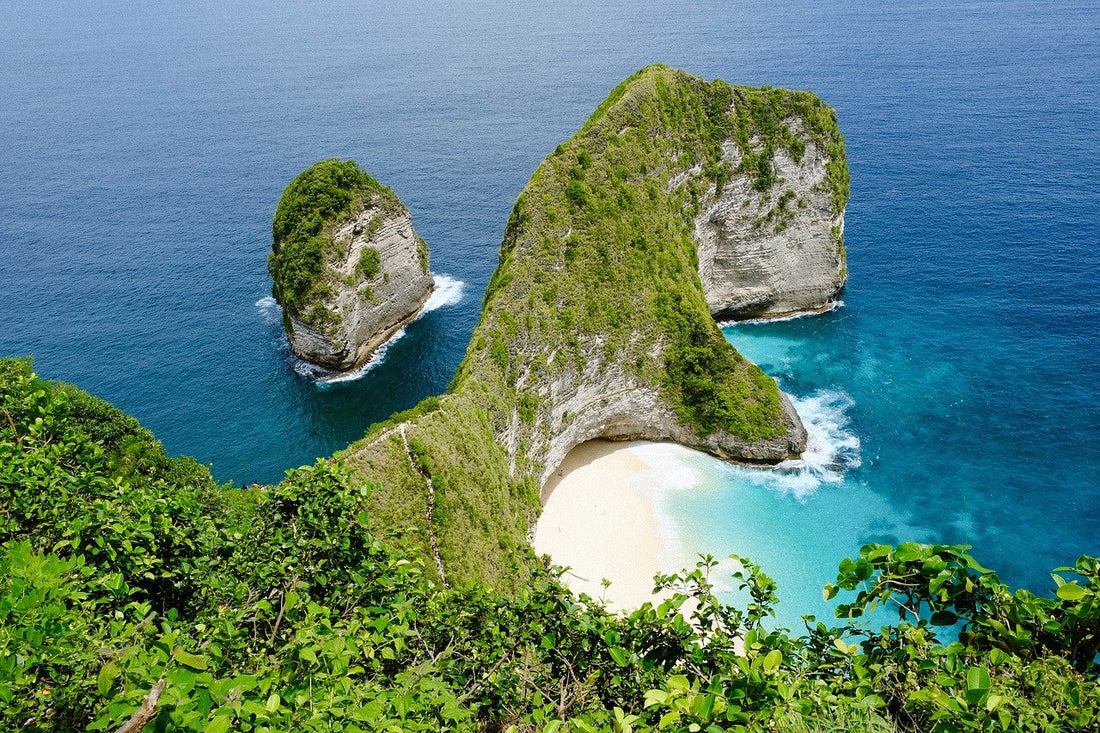
Bali – Between tourism glamour and cultural decline
Share
Bali is often praised as a tropical paradise—a place where dreamlike landscapes and exotic culture blend. But behind the gleaming facade of tourism success lies a dark side that is increasingly becoming apparent. This blog post aims to critically examine current tourism developments in Bali and highlight the challenges that affect both the environment and the local population.
Myth of island paradise - A reality that shows cracks
Bali was long considered an ideal place for relaxation and inspiration. But the unchecked influx of tourists has put massive pressure on the island in recent years. Overcrowded beaches, congested roads, and a rapid increase in tourist facilities have permanently disrupted the fragile balance between nature and culture. Where authentic Balinese traditions once thrived, commercial interests and mass media now dominate.
The downside of the tourism boom - environmental destruction and resource scarcity
The boom in the tourism sector has led Bali into a race for scarce resources. The massive demand for water, energy, and land for the construction of new hotels and restaurants is placing significant strain on the environment. Waste problems, especially plastic waste, are becoming more severe every day. Nature reserves and traditional landscapes are increasingly giving way to artificial structures, which in the long term is endangering not only biodiversity but also the island's tourist reputation.
Cultural erosion and loss of identity
Another critical issue is the loss of cultural authenticity. The indigenous culture that once made Bali so special is often exploited for tourism purposes. Traditional rituals and festivals are degraded to show programs tailored to the wishes of tourists—a change that ignores the deeper cultural context and spiritual significance of many customs. Economic dependence on tourism also leads to local communities losing their identity and independence.
Social inequality and economic dependence
With the growth of tourism, social problems are also coming to the fore. While a few benefit from the income, many locals are forced into precarious employment conditions that offer little prospect of future prospects. The economic gap between those who profit from international capital and the local population is becoming increasingly apparent. This creates a dependency that can, in the long term, lead to social tensions and a loss of self-esteem among the population.
Digital nomadism and the dark side of the “workation”
In recent years, Bali has become a mecca for digital nomads. The alluring combination of affordable living costs, idyllic surroundings, and a thriving co-working scene has attracted many young people to the island. However, this also presents a double-edged sword: The influx of remote workers contributes to gentrification, drives up rents, and displaces locals from their traditional neighborhoods. The idyllic island is increasingly becoming a plaything of international economic interests.
Lack of sustainable strategies and government responsibility
Although awareness of sustainable tourism is slowly spreading, many measures fall short of the actual challenges. The Indonesian government faces the difficult task of regulating mass tourism without completely sacrificing the economic benefits. Previous attempts to steer tourism and promote sustainable projects often come too late and fall short. Without clear and consistently implemented strategies, Bali risks irretrievably losing its unique natural and cultural resources.
Conclusion: Between growth and decay
Current developments in Bali paint a bleak picture: Uncontrolled tourism is not only driving ecological and cultural decline, but also deepening social inequalities. A radical rethink is needed – toward a model that sees tourism as an integral part of society and not merely a profit generator. Only through responsible use of natural resources and greater involvement of the local population can Bali preserve its authentic charm and become a truly sustainable travel destination. It is high time that both travelers and those in charge in Bali pause and ask themselves what price unchecked tourism ultimately exacts – and whether there isn't a better way to preserve this island paradise for future generations.
